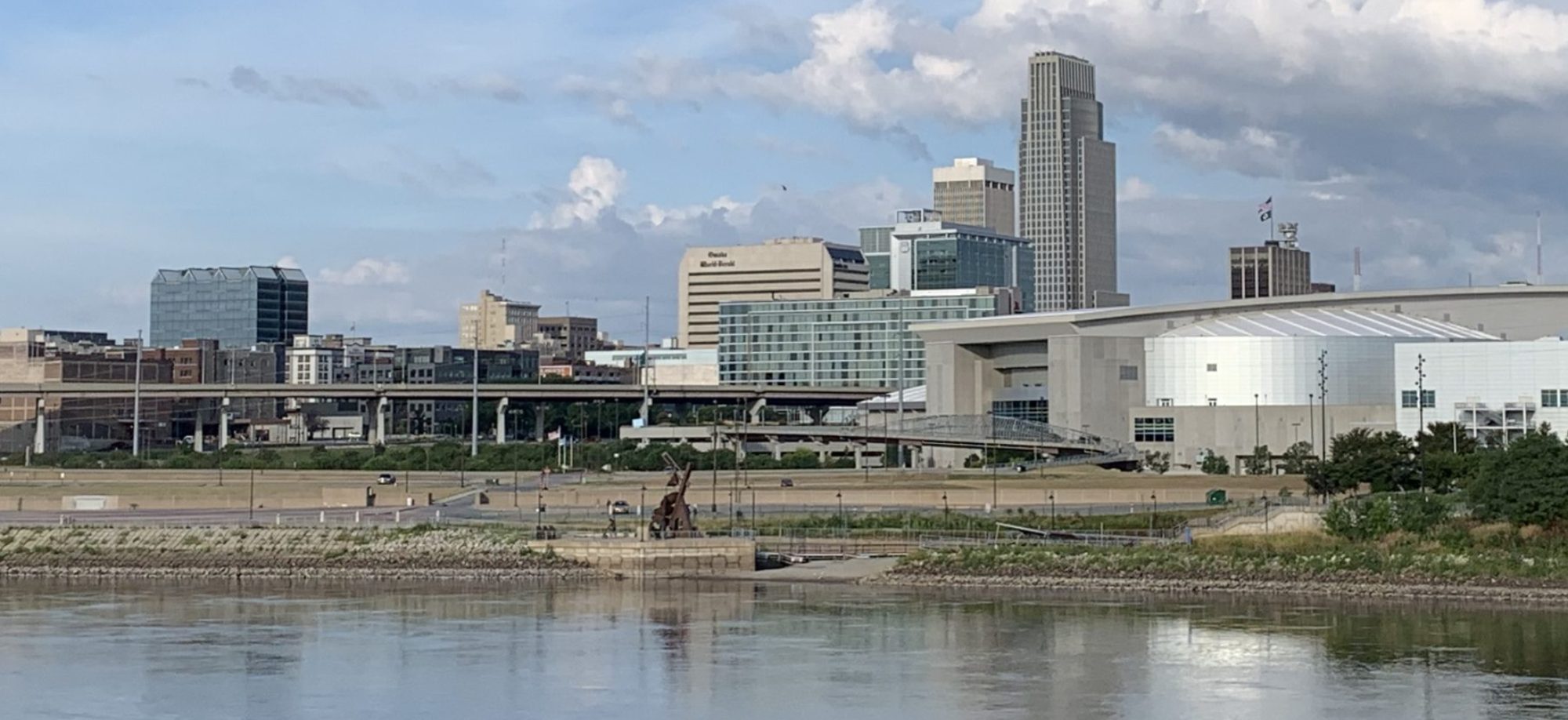A few weeks ago I had the privilege to give a lecture to students at the Peter Kiewit Institute in Omaha about intellectual property. The lecture was one of a series over this semester for students in a business leadership seminar. Unfortunately an hour long lecture doesn’t give much time for questions and a lot of material had to be squeezed into a short ![]() talk. Thankfully, the coordinator arranged to send me the students’ questions in writing after the lecture so I could write responses that could be shared with the class. He also graciously has allowed me to post some of these questions and my answers here.
talk. Thankfully, the coordinator arranged to send me the students’ questions in writing after the lecture so I could write responses that could be shared with the class. He also graciously has allowed me to post some of these questions and my answers here.
The intent of the lecture was to provide a brief background in intellectual property for engineering students who will be business leaders. I provided a brief discussion on utility patents, design patents, and trade dress. I then walked through the application of these topics to some of the claims in the Apple v. Samsung case. Here are the lecture slides.
These are some of the questions and my answers:
Why did you start chemical engineering and later switch to law?
I really enjoyed engineering school, but after a co-op, I felt like I’d be pigeonholed. I wanted to see a variety of technologies and work with a lot of different companies. The more I learned about patent law, the more I felt it fit with what I wanted to do.
Sean, what interested you about the IP process to make you want to work with it as a career?
As far as the process goes, I really enjoy working with inventors and founders of startups. They have a lot of passion and energy so it’s hard to not have fun working with them.
What is the coolest invention you’ve seen as an attorney?
I don’t normally talk about client matters, but I’ve seen some really cool and pioneering inventions. Maybe it’s my background in engineering, but actually I am really drawn to the simple, elegant solutions to existing problems.
What is the first step in acquiring a patent, trademark, or copyright?
As obvious as it may sound, the first step is to come up with the idea. Trademark rights begin just by using the mark. Copyright attaches the moment the work is made. Patent’s, however, must be applied for, and with recent changes in the law, that should be done as soon as possible.
How long does the process to patent or trademark something generally last?
Trademarks typically issue within a year or so of filing an application. Patents have an average pendency or three years or so.
How would one go about searching to see if an idea that they have for a trademark is already in use and registered?
If you are good with boolean searching, the USPTO has a decent interface. Google also has a patent search system in beta. However, these searches can be rather difficult. My firm does them and so do many others.
How are copyrights different in the process of obtaining them different from patents?
Copyright attaches to a work as soon as it is created and fixed (i.e. written down). However, damages for infringement of a copyright only accrue once you register the work with the Copyright Office.
What are your thoughts on Apple vs. Samsung?
It is a complex case with lots of issues. Some of the points I found most interesting I wrote about on my blog. In all, I wasn’t terribly surprised with the outcome.
What do you learn, if anything, from high profile cases, like Apple vs. Samsung?
I don’t litigate infringement cases, but they teach me a lot. Litigation often highlights those things that a lawyer did in getting a patent that no one would have faulted them for at the time, but become problems later. Seeing how disputes work themselves out is very helpful in refining the way I draft agreements and patents.
Is it right that the billion dollar lawsuit in Apple vs. Samsung, was decided by a jury or should it have been resolved by a more technical group of people?
Jury pools are picked from random lists, but those pools are pretty big and the parties do go through a process to decide who will be on the jury. Both parties likely spent a lot of money on jury consultants for that process. In the end, the foreman was an engineer who has several patents of his own.
Does your firm end up working more on the creation side of this or on the enforcing/defending side?
We mostly work on patent prosecution, which is the process of getting patents through the USPTO. However, we also help clients deal with competitors who may be infringing and do a lot of work licensing technology. We don’t do litigation, but we do work with other firms that do.
What type of client does Adventip normally associate with? i.e. personal, business, patent litigation.
We cover the range from individuals, to fortune 100 companies.
Why would an individual get an unregistered TM rather than get it registered?
It’s really a business decision. Registration costs money, so if the mark isn’t particularly important to the business or will only be used regionally, it might make sense to save that cost.
Can patents be renewed or can a company re-apply for the same patent that just expired?
No. It used to be possible to prolong the life of patents by delaying when they issued. That was because the term used to be 17 years from the issue date. In the mid ‘90s the term changed to 20 years from the filing date of the earliest domestic priority application (excluding provisional applications).
How does copyright/patented property deal with very similar “knock-off” brand with almost identical logos/designs?
Logos are dealt with under trademark law. The standard isn’t that the infringing mark be the same, just that it is “confusingly similar.”
Are patents easier or harder to get in other countries?
It depends on the country and the technology area. For example, most people agree that it is harder to patent anything in Japan. India is easier, except for pharmaceuticals which are treated differently. Europe is hostile to software patents. However, most major countries have joined WIPO (World Intellectual Property Organization) and signed the TRIPS Treaty (Trade Related Aspects of Intellectual Property Rights) that set certain standards for patentability and term.
Is it difficult to prove “Independent Development?”
It depends on the case. It can be proven in a trade secret case, but independent development is not a defense to patent infringement.
What is considered the “geographical area” covered in an unregistered trademark?
It depends on the facts of the particular case such as where you advertise, where you customers come from, where you ship to, etc.
Given the increasing rate of “progress” in society, are the long durations of intellectual ownership too long? IP law is intended to enable innovation, not artificially slow it down.
I don’t think the term of patents are really the issue. If an area of technology progresses quickly, many patented inventions will be obsolete before the patent term lapses. Under the current system, a patent owner has to pay maintenance fees 4, 8, and 12 years after a patent issues and each one gets progressively larger. A large number of patents expire when these fees are not paid.

